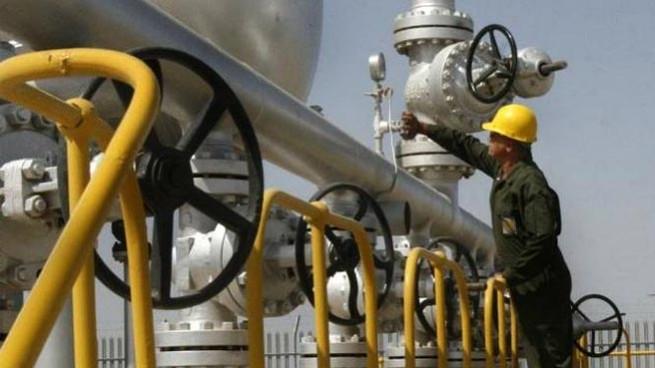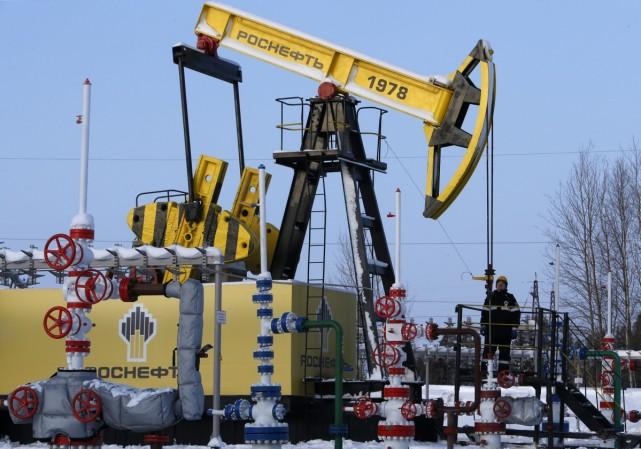
In a snub to the countries expecting Russia to increase its oil production, Vladimir Putin, the Russian President has announced that the country would not increase the output immediately. The development comes after the United States announced the termination of all waivers provided to eight nations, including India, to import Iranian oil without any sanctions. The decision by the Trump administration has been taken to further squeeze the finances of Iran which are under huge pressure to shut down its nuclear weapons and ballistic missile programmes. The exemptions will be over from 2nd May.
After Trump's announcement of the termination of exemptions, it was expected that the countries like Russia and Saudi Arabia, the world's top crude exporter would increase production to facilitate the shortages in the supply. But Russia's decision is likely to further shoot the oil prices up which is already at six months high. Vladimir Putin said "We have an agreement with OPEC to maintain production at a certain level and this agreement is in force until July. I can't imagine how the world energy market will react". He further added, "none of our partners, including Saudi Arabia, is withdrawing from our agreements within OPEC."

Meanwhile, Russia's biggest oil producer Rosneft also believes that the end of exemptions to the countries buying oil from Iran would lead to a global supply deficit this quarter and next. Rosneft's chief executive Igor Sechin said, "I would attract your attention to Pompeo's statement: he said, in any case, even by zeroing out the Iranian oil supplies, they would be offset by Saudi Arabia and the United Emirates."
Moreover, Saudi Arabia has also confirmed that the country does not have immediate plans to increase oil production. The statement given by Saudi is contrary to the claims made by Donald Trump who had said that its administration is coordinating with countries like Saudi to ensure adequate oil supply in the global markets.

















